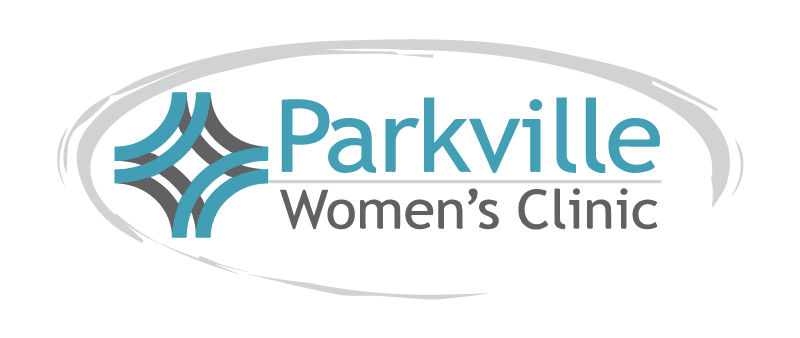Plan B and the abortion pill are often confused or thought to have the same effect. They are not the same drug nor do they work in the same way.
Whether you have had unprotected sex or are worried you might be pregnant, being informed about each medication and how it works can help you make an empowered decision with confidence.
Plan B vs. the Abortion Pill
Plan B and the Abortion Pill are both medications that affect reproduction, but they don’t work in the same way.
Plan B, also known as the morning-after pill, is an emergency contraceptive. It is recommended to be taken up to 72 hours after unprotected sex. Typically, it works to prevent ovulation and disrupt the uterine wall. However, depending on when it is taken during your menstrual cycle, it can work as an abortifacient.
The abortion pill, actually two pills, is sometimes called “Plan C”. It is an abortifacient. It ends a pregnancy and expels it from the uterus. It can be taken up to 10 weeks of pregnancy.
What is plan B?
Plan B, or the morning-after pill, is an emergency contraceptive taken with the intent to prevent pregnancy after unprotected sex. This might include missing a dose of birth control or a broken condom. It is basically a large dose of hormonal birth control. However, as mentioned earlier, it is capable of causing an early abortion. Plan B is not meant to be used as a regular form of birth control, even though the ingredients are similar, because it is less effective.
It also does not protect you against sexually transmitted diseases (STDs).

How does Plan B work?
Plan B is similar to hormonal birth control. When taken prior to ovulation, Plan B works by temporarily delaying ovulation. It prevents the release of an egg from the ovary, so that no egg meets the sperm. No egg. No fertilization. No pregnancy.
When Plan B is taken after ovulation (you may not know exact ovulation dates), the egg and the sperm still have the opportunity to unite and form an embryo. Plan B prevents progesterone production, so the embryo cannot survive. Or, if the embryo does survive, Plan B creates changes to the uterine wall which will not allow the embryo to implant and grow.
What is the abortion pill?
The abortion pill uses two different medications to end a pregnancy: mifepristone and misoprostol. The abortion pill is approved by the FDA to be taken up to 10 weeks of pregnancy.

It is important to have a pregnancy evaluation before you take the abortion pill. Without confirming how far along you are and if the pregnancy is viable (alive), you can accidentally take the abortion pill past 10 weeks and risk serious complications like an incomplete abortion or an undetected ectopic pregnancy. If the pregnancy is not alive, your body may already be prearing for a miscarriage. In this event, there is no need for an abortion as your body will naturally expel the remaining tissue.
At Parkville Women’s Clinic, we offer free limited OB ultrasounds to give you the answers you need before scheduling an abortion.
How does the abortion pill work?
Mifepristone, the first medication, blocks progesterone to end the pregnancy. The second medication, misoprostol, causes strong cramping to expel the pregnancy out of your uterus. You will experience strong cramping, heaving bleeding, and passing clots up to the size of a lemon.
Read more about how the abortion pill and it’s risks in our abortion pill article.
Comparing Plan B vs abortion pill side effects:
| Plan B | Abortion Pill |
| Upset stomach or vomiting | Cramping and heavy vaginal bleeding |
| Dizziness | Nausea |
| Fatigue | Fever/Chills |
| Headache | Weakness |
| Tender breasts | Vomiting/Diarrhea |
| Light bleeding between periods or heavier menstrual bleeding | Headache/Dizziness |
| Pain or cramps in stomach area | Anxiety |
Pregnant? Find your next steps today.
If you want more information about Plan B or the abortion pill, our licensed medical professionals can help answer your questions and concerns.
Parkville Women’s Clinic offers free pregnancy consultations. If you are pregnant, we offer free medical-grade pregnancy tests, limited OB ultrasounds, and STI testing and treatment.
While we don’t provide emergency contraceptives or birth control nor do we perform or refer for abortions, we do provide contraception and abortion education to help you make an informed decision about what is best for you.


Recent Comments